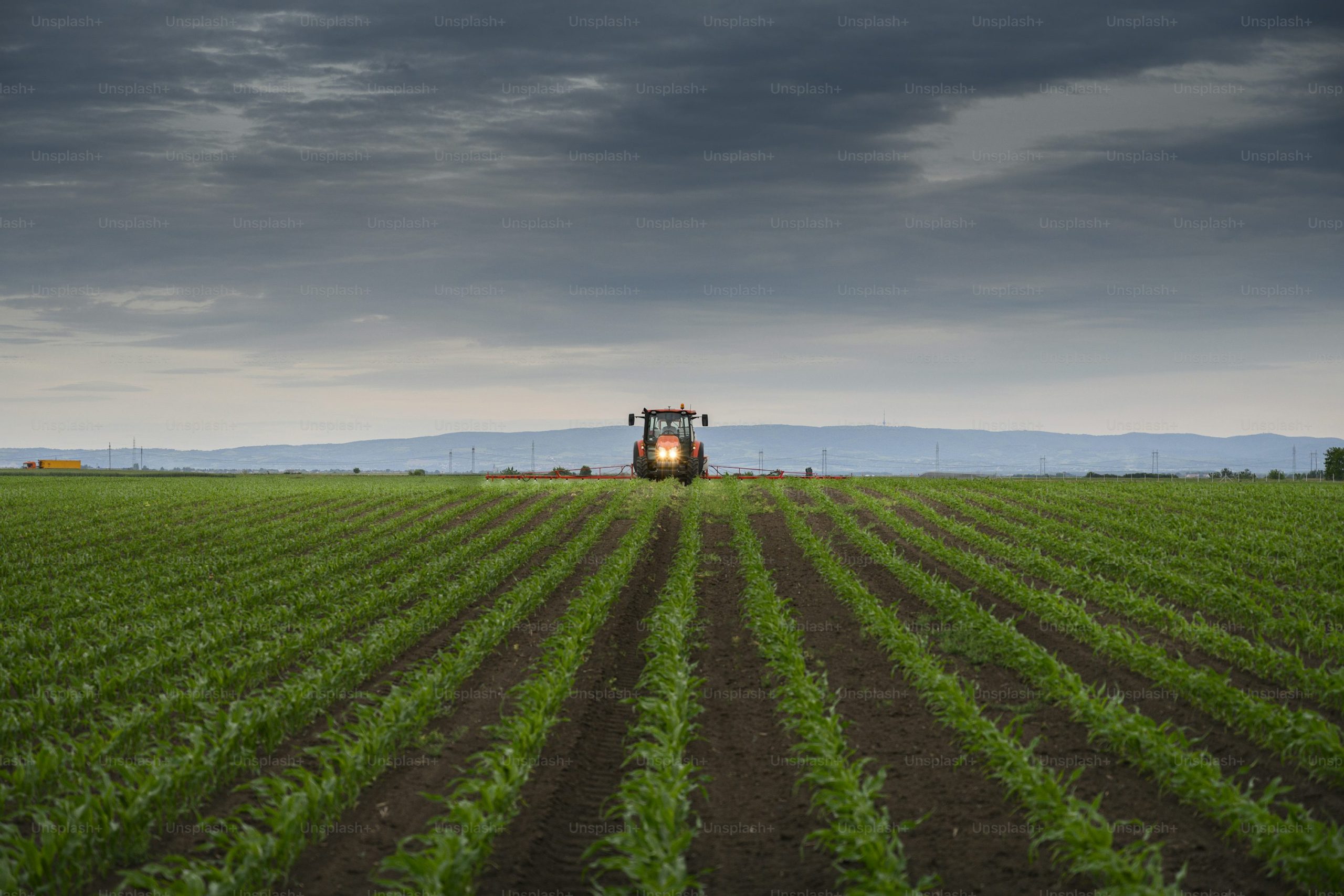The North Central region of Nigeria, encompassing states such as Benue, Kwara, Niger, Plateau, Nasarawa, and the Federal Capital Territory (FCT), continues to assert its dominance as a key contributor to Nigeria’s agricultural output—playing a pivotal role in national food security and economic resilience.
From staple food crops like yam, maize, millet, rice, and cassava, to cash crops such as sesame seeds, soybeans, shea nuts, and ginger, the region’s rich soil and favourable climate support year-round cultivation and a variety of crop cycles.
Benue, famously known as the “Food Basket of the Nation,” leads in the production of yam and soybeans. Kwara and Niger contribute significantly to rice and sugarcane farming, while Plateau excels in horticultural produce such as Irish potatoes, carrots, and tomatoes, which supply major urban markets across Nigeria.
The importance of identifying and enhancing regional crop strengths is not just vital for improving domestic food supply—it also presents immense opportunities for agribusiness investments, export diversification, and value chain development.
Experts say that tailored policy interventions, investment in storage and processing infrastructure, and improved access to finance and mechanization could unlock the region’s full potential. As the Federal Government intensifies efforts to boost local food production and reduce reliance on imports, North Central Nigeria remains a strategic hub for agricultural transformation and national economic growth.







